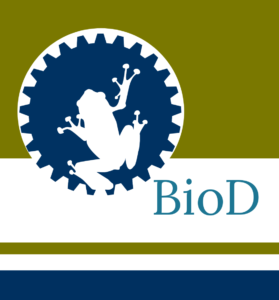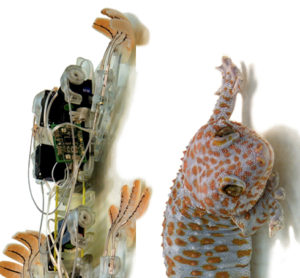News, Bio-inspired Material Can Follow the Sun
A team from Harvard University has invented flexible materials that can respond autonomously to light and other stimuli, paving the way for solar panels that follow the sun. Researchers have developed new, bio-inspired materials that can move in response to different stimuli. The materials—called liquid-crystal elastomers (LCEs)—could be used to develop solar panels that can automatically rotate to follow the sun, as well as be applied to robotics, adhesives, and other next-generation applications. Key to the research of scientists at Harvard’s Wyss Institute for Biologically Inspired Engineering and John A. Paulson School of Engineering and Applied Sciences are magnetic fields, which they used to control the molecular structure of LCEs. In this way, they created microscopic, three-dimensional polymer shapes that can be programmed to move in any direction in response to multiple types of stimuli, according to a Wyss news release.
Learn about our two Decals!
 Click here to find out more about our Fall Bioinspired Design Decal and our Spring Bioinspired Design in Action Decal – ALL MAJORS are welcome.
Click here to find out more about our Fall Bioinspired Design Decal and our Spring Bioinspired Design in Action Decal – ALL MAJORS are welcome.Berkeley BioDesign Community
 Click here to learn about the BioD: Bio-Inspired Design @ Berkeley student organization or here to signup for more info.
Click here to learn about the BioD: Bio-Inspired Design @ Berkeley student organization or here to signup for more info.Search
Student Login



I imagine that the neurological circuits underlying these processes are governed by both 2d spacing maps with their brains as…
to reduce the impact of car accidents, it may be possible to study the force diverting physics of cockroaches to…
you see this type of head-bobbing stability in many avian creatures related to pigeons like chickens. the head ability to…
not like they taught horses how to run! this is an example of convergent evolution where both sea creatures and…
The brain functions in a similar way with neuronal connections. our brains are able to utilize the multiplicity of connections…